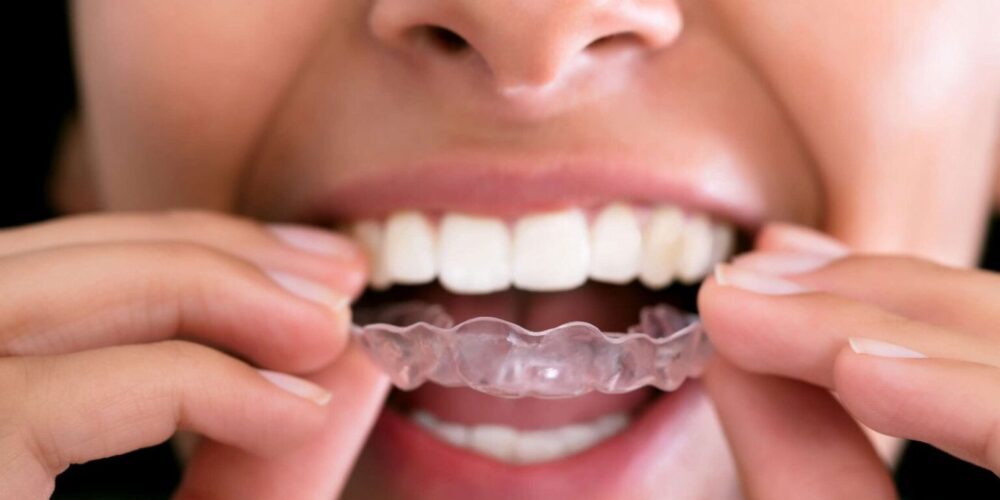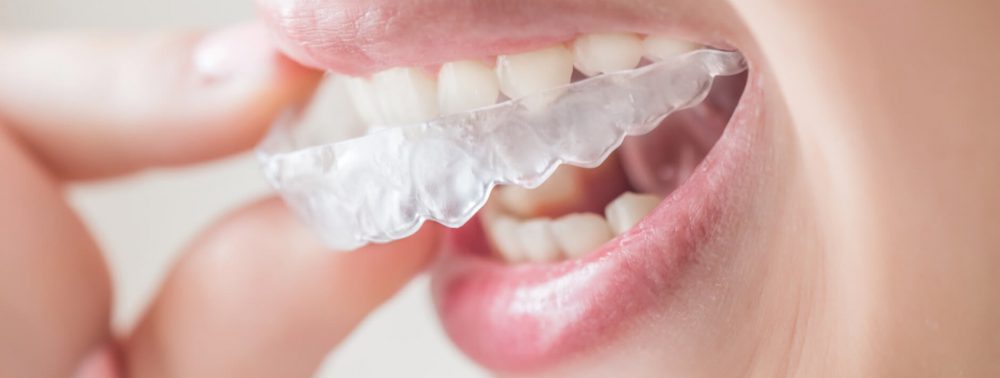
The Malady of Our Age: Teeth Grinding (Bruxism)
Also known as bruxism, teeth grinding involves consciously or unconsciously clenching or grinding one’s teeth. So why does it happen?
Causes of Teeth Grinding
Stress, anxiety, sleep disorders, and issues with dental and jaw alignment can all contribute to grinding, which often occurs during sleep or stressful moments throughout the day. The symptoms can manifest in different ways for each individual.
Bruxism is linked to various factors, thus its prevalence varies depending on age, gender, geographical location, lifestyle, stress levels, and other factors. Current literature shows an increase in the occurrence of bruxism during the pandemic. Another study has shown that grinding teeth is more common in children and occurs across a broader range of the population. The prevalence of bruxism is found to be 14-20% in children under 11, 13% in young people aged 18-29, 9% in adults, and 3% in individuals over 60.
Another study suggests that around 30% of people grind their teeth, and approximately 10-15% of adults experience pain due to teeth grinding during sleep.
The increasing complaints from patients visiting our clinic lately about teeth grinding caught my attention. Therefore, I aim to raise awareness among our patients and readers with this article.
Symptoms of Teeth Grinding
Let’s first review what the symptoms of bruxism are.
Symptoms of teeth grinding can include jaw and head pain, jaw joint pain, dental erosion, tooth sensitivity, and worn or broken dental restorations. Other indicators could be muscle tension in the jaw, pain around the ears, and sleep disorders. Advanced cases can lead to cracked teeth and tooth loss.

Mouth guards, called splints, prevent the teeth from rubbing against each other. This reduces enamel damage and jaw muscle tension.
How Do You Treat Bruxism?
Treatments vary based on the severity of symptoms and the individual’s condition. Before treatment can begin, the cause of the bruxism must be identified through oral, dental, and jaw examinations.
The treatment aims to reduce or eliminate the symptoms associated with grinding and clenching. Specific treatment depends on underlying causes, symptom severity, and individual needs. Treatment options include using night guards, doing exercises to relax the jaw muscles, and other methods. Other supportive treatments could involve masseter botox, stress management techniques, and treating alignment issues with the teeth. However, these methods do not completely cure bruxism but only alleviate the symptoms.
Treatment Methods
To explore the methods we use for treating bruxism in more detail:
- Mouth Guards or Splints: Custom-made dental mouth guards or splints are frequently recommended. These devices prevent teeth from grinding against each other, reducing enamel damage and jaw muscle tension.
- Medications: Sometimes, medications like muscle relaxants are prescribed to manage bruxism symptoms. However, they are generally considered a short-term relief option due to potential side effects.
- Behavioral Modification Techniques: Behavioral interventions like stress management, relaxation exercises, and biofeedback are effective.
- Teeth Adjustments: Orthodontic treatment is preferred if malocclusion (misalignment of teeth) or other dental issues contribute to bruxism.
- Stress Management: The advent of the pandemic has led to increased anxiety. Stress and anxiety are common triggers for bruxism.
- Masseter Botox: Botulinum toxin causes temporary muscle relaxation, which reduces symptoms of grinding.
How is Teeth Grinding Detected?
Most people are not aware they grind or clench their teeth as it often occurs during sleep. However, you should consult a dentist if:
- You experience pain or discomfort in your jaw and facial muscles upon waking up.
- You notice wear, cracks, or fractures in your teeth.
- You have a headache after waking up.
- Your partner notices teeth grinding noises while you sleep.
Your dentist can recommend a suitable treatment plan to alleviate symptoms and protect your teeth. It is important to consult a dentist for more information on this topic.
